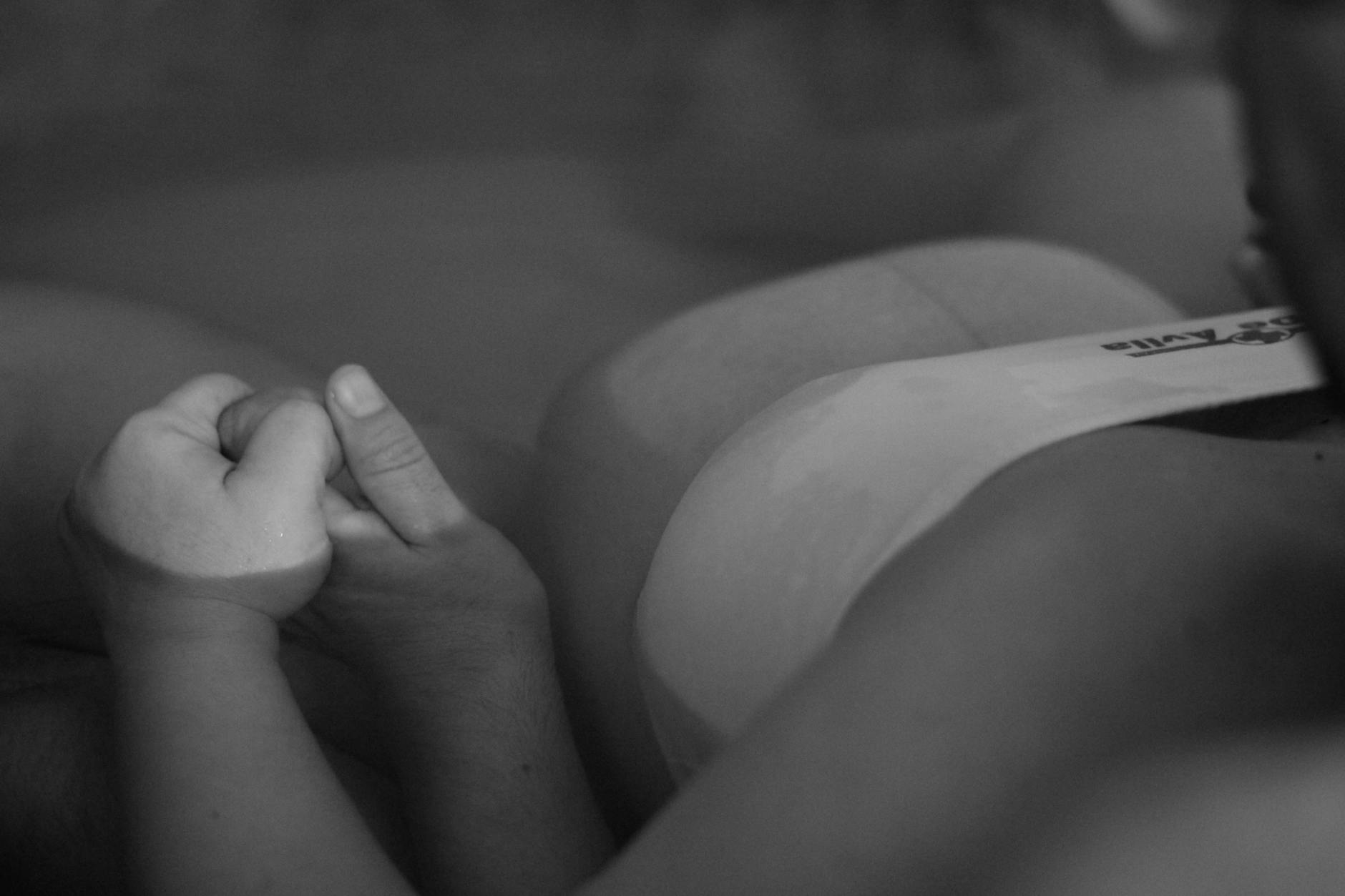
Research shows that using a water pool during labor for low-risk pregnancies is just as safe as giving birth out of water.
A study has found that giving birth in a water bath does not increase the risk of complications for the baby or mother. Researchers from the University of Cardiff analyzed 73,229 records from low-risk pregnancies where a water pool was used during labor, across 26 NHS organizations in England and Wales between 2015 and 2022.
The analysis focused on the rate of severe tears among the women, the number of babies who required antibiotics or breathing assistance in the neonatal ward, and the number of babies who died during birth. The researchers concluded that the risks to both babies and mothers were no higher in water births than in births out of water.
Water births account for about 9% of the nearly 600,000 births that occur annually within the NHS. According to clinical guidelines, all expectant mothers should be offered the option of a water birth for delivery.
Julia Sanders, a professor of clinical midwifery at Cardiff University who led the research, highlighted that the study confirmed water births as a safe alternative to traditional births. “In the UK, around 60,000 women each year use a birth pool or bath for pain relief during labor, but some midwives and doctors were concerned about potential extra risks associated with water births,” she said.
“There have been concerns that babies might become seriously ill or even die after water births, and that mothers could be more likely to experience severe tears or heavy blood loss. Our research aimed to determine whether water births with NHS midwives are as safe as out-of-water births for women and their babies at low risk of complications.”
Peter Brocklehurst, emeritus professor of women’s health at the Birmingham Clinical Trials Unit, noted, “Given that 10% of women use water immersion for pain relief during labor, the findings of this study will impact thousands of women each year in the UK and many more worldwide, where water immersion during labor is a common practice.”
Prof. Chris Gale, a consultant neonatologist at Chelsea and Westminster NHS Foundation Trust in London, added, “Many pediatricians and neonatologists worry that water births might carry extra risks for babies, but this study provides convincing evidence that for women with uncomplicated pregnancies, this is not the case.”